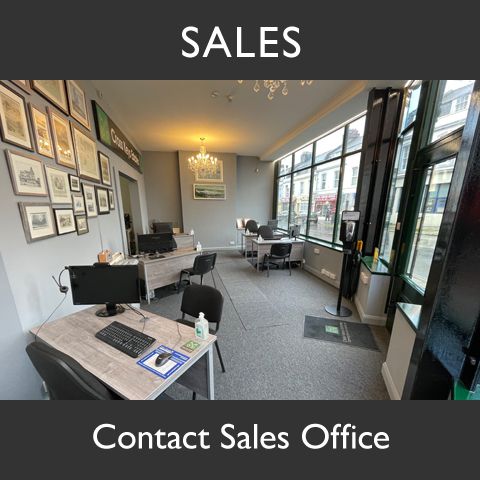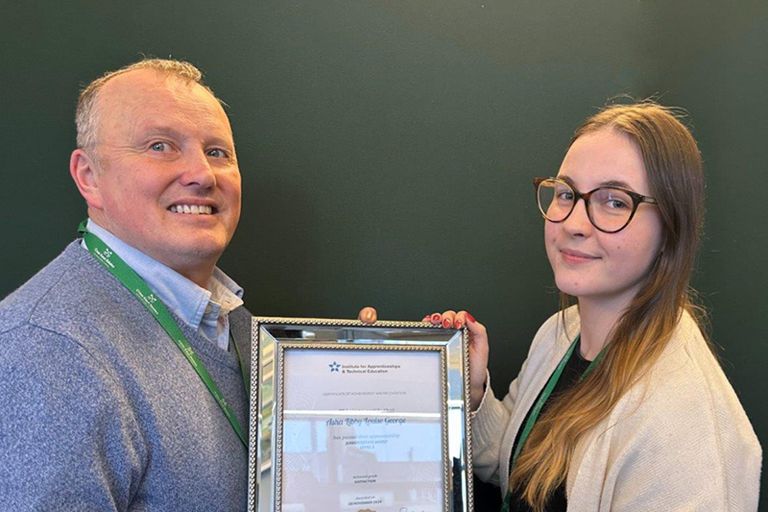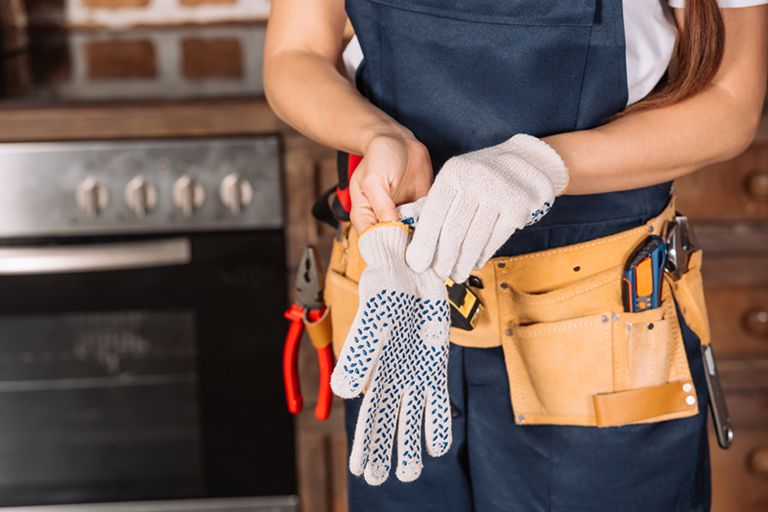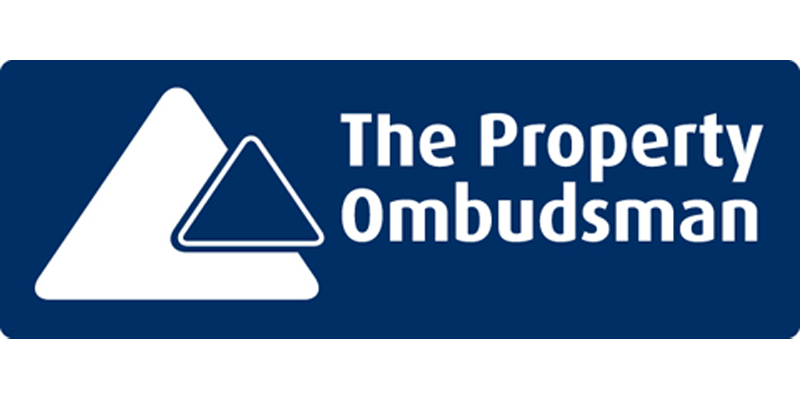Q: When is a sold house not a sold house ?
A: When your agent thinks an accepted offer is the end of the sales process not the beginning!
We all know the sales process is fairly straight forward, the right property, valued at the right price ( just to mention our valuation record is 100% accurate) with good photography and marketing will pretty much sell itself to a certain extent …
The benefits of using a reputable, credible, qualified, experienced and tenacious agent all becomes very obvious once the offer is agreed and the hard work of seeing the sale through to completion actually starts.
Here at Cross Keys, we are well aware of that and all take a proactive role in the sales progression, making the journey as smooth as possible for all involved.
Spending time in the offices of the local solicitors, we recommend and work with, has definitely benefitted every member of our team and given them not only a thorough understanding of the conveyancing process but also the confidence and ability to deliver the result everyone is working towards.
Sales progression is rarely smooth sailing but occasionally hits very troubled waters which is where the need to be tenacious and not give up really comes into play.
This happens more than we would like but after the blood, sweat and tears have faded and our vendors and buyers have all moved on, it sometimes becomes apparent that this was actually a rewarding journey and never more so than when it’s acknowledged and appreciated by the people involved.
One such instance is highlighted in the review below left for one of my amazing colleagues recently:
I would like to express how incredibly grateful we are to Cross Keys for all your help and support throughout the whole sale process of our parents’ house. I initially met Jack at the house to discuss the listing, and it was lovely to chat to him about the area, which he knew. Jack also took time to listen to me, and was really sensitive to the emotional aspect of the sale – this was very much appreciated.
Everyone we have spoken with has been friendly and helpful, but it is Fiona Hardie, our agent, that we want to thank the most. Throughout this whole (extremely stressful) journey, when at times we encountered huge obstacles, Fiona has been absolutely fantastic. Our solicitors were less than helpful, and Fiona has spent so much time chasing and relaying information to us, so that we were kept informed, and trying so hard to find solutions to our house issues.
Thank you Fiona, for listening to us, for your kindness in all our phone conversations when I cried, for your assurances, when we felt like giving up, that there would be a positive outcome, (you were right!) and for making us feel that you really cared – we really couldn’t have done this without you! You deserve far more than five stars and you definitely deserve the champagne I’ll be bringing to you very soon!
Nin and Shan Chana.
I would like to say that all agents would have the same devotion to the end result rather than just the sale agreed stats however, that’s not the reality.
I can only say how delighted I am to be part of a business and a team who see going the extra mile as the default setting.
Hello folks, hope you are all doing well, I thought I would just dive straight into this blog as it makes me feel a little bit more optimistic for the year ahead.
Last year the property sector finished with a flurry of transactions due to the increasing pressures placed upon landlords and anyone looking to buy a second home from the government’s implementation of new taxation and regulation with the “renters reform bill”. This led to many landlords deciding to leave the property rental market and cash in their property assets into cash assets and see them make a similar return in the bank’s interest rates rather than the commitment and costs of letting properties.
As a direct result, at the end of 2024, the market was awash with ex-rental properties on the market offering yields of anything between 7% and 14% on the larger properties or HMOs (houses of multi-occupancy), thus trying to make them sound lucrative to other investors, however with the 5% stamp duty now placed on any second/investment properties, other landlords have not been quick to snap these up.
The smaller single-unit properties, such as starter/first-time buyer houses or apartments, are a different story. These properties are ideal for first-timers and, therefore, the buyers will not be subject to inflated stamp duty. They are also selling in a good timescale. The only downside to this is that there will be less stock available for the rental market, which will, in turn, push the cost of renting up and, therefore, pass the burden of the cost of living on to renters.
In April though, we will see the current £250,000 stamp duty level be reduced back down to £125,000. Will this lead to buyers rushing to buy a house or flat early this year to avoid this increase? I think not. I reason that if a buyer were purchasing a house or flat at £250,000 they would be exempt from paying any stamp duty. If they buy after April, they will now have to pay £2,500 (the first £125,000 is stamp duty-free, then it is 2% on the remaining £125,000 = £2,500), I am not sure that when it comes to buying such a monumental thing as a house, £2,500 will stop them from buying it.
If you are a first-time buyer, you are currently exempt from paying any stamp duty on a property up to the value of £425,000. After April, though, the exemption will revert to the previous level of £300,000. I do feel that this will have an effect by causing a new ceiling price for first-time buyers to look up to the £300,000 price tag. Any properties valued or marketed above this price will not have the same sales momentum on the sales market from April onwards.
The first three months, January, February and March, usually follow the same pattern each year. It is not unusual for us to receive higher than the yearly average of domestic separations/divorce valuation requests, probate, valuation requests and repossession valuation requests. I call this our 3D season (Divorce, Death and Debt). This sounds almost comical, but we see the same repeat pattern year after year.
Unfortunately, inflation levels increased towards the end of 2024, and the forecasted interest rate reduction did not occur. If inflation continues to rise in the first quarter of 2025, interest rates may increase to counterbalance inflation. If inflation levels remain steady, then it goes without saying that interest rates should also stay at the same 4.75% we have now. This will be reviewed on 6th February, so watch this space.
Late Spring to early summer always tends to be a more favourable time to sell a property due to the days getting longer, the weather getting better, and everyone coming out of the winter blues. If you are considering putting your property on the market, any time is a good time if you are realistic with your expectations. Still, some agents are gilding the lily regarding valuations.
It is a sad part of our industry that a lot of either corporate agents or unqualified independent agents will add between 10% and 20% onto the valuation figures that they give to try and unfairly gain the instruction to sell your property over another agent who may have given an honest and factual valuation figure. We call this “trying to buy the instruction”. We all know roughly what our properties are worth, so if it sounds too good to be true, then it is more than likely just that, too good to be true.
Please check “Propertymark” for a list of all the QUALIFIED estate agents covering your area. You can also head to the Companies House website to see if the agent in question is working for a reputable company, or at the very least, you can google to see if there are any news reports on that business, whether the articles are good or bad. Ultimately, you must be happy with your choices, and we recommend doing some solid research related to your property circumstances and engaging a qualified agent to ensure you are protected as a consumer.
Please feel free to share this article on your social media so that as many people as possible can make informed decisions before making those big property decisions. Take care, everyone, and happy new year.
Asha George shares her journey of transitioning from the corporate sector to an apprenticeship with an Independent Local Estate Agent. She reveals how this change has not only met but exceeded her expectations, bringing a sense of relief and satisfaction after a challenging start.
My time at Cross Keys has been nothing short of amazing. The workplace exudes a fantastic atmosphere, and the team is equally excellent. As I approach the end of my apprenticeship as a Junior Estate Agent, I am filled with gratitude for the unwavering support and guidance from Jack, Craig, and the rest of the team. Their commitment to my development has significantly enhanced my knowledge and skills, making me a better estate agent. This supportive team environment can reassure you about your potential working conditions.
How it all began
Before working with Cross Keys Estates, I began my career as an Estate Agent within the corporate sector, where I worked for almost two years. I was then taken on as an Apprentice Sales Negotiator with the aim of obtaining a Level 2 in Customer Service (sadly, my employers at this time didn’t enrol me as promised, which was a huge frustration).
The corporate sector of the Estate Agency business is a world apart from the environment of independent, local estate agents. In corporate agencies, each person is a different section of an estate agency conveyor belt, with roles that rarely intertwine. This separation leads to inefficiencies that are far removed from independent agencies’ collaborative and efficient spirit. Understanding these differences can be enlightening for those considering a career in an estate agency.
Targets are a massive part of the job in the corporate world with big expectations. To get your main commission paid as a sales negotiator, in an average four-week month, you need to have booked 16 valuations that have gone ahead, and 4 people, who you booked in to see the branch mortgage advisor, must have paid the fee to use them.
Your average daily targets would be to make 70 phone calls daily, register four new applicants, book one valuation, book one mortgage appointment, book six viewings, and get four to five monthly sales. Hitting these targets involved a lot of exclusive desk work, calling through all the applicants, previous valuations, and historic completions to register people and book appointments.
My experience in this environment could have been better. Unfortunately, training was minimal, staff retention was awful, and the working environment was far from positive and supportive. After almost two years, I decided something had to change and began to question if this was the right career for me at all – and that’s when I received a surprise email from Jack at Cross Keys Estates!
Finding my happy workplace
Before becoming an estate agent, I had emailed all the local agents asking for advice on what I needed to do. Jack and Craig were the sole responders. They offered me a wealth of advice on becoming an estate agent, answering the many questions I asked without a second thought. They explained they had no vacancies then but would let me know if that changed.
Almost three years after my first email, Jack contacted me, and we arranged an informal meeting to discuss career opportunities. I left our meeting feeling far more positive about my prospects as an Estate Agent. I was delighted to be offered the position of Property Consultant and the opportunity to become a qualified Junior Estate Agent through Property Mark, so I decided to accept the job.
What does my apprenticeship involve?
The Junior Estate Agent course covers several essential topics, which has given me a step up in knowledge and set me apart from many other agents. It covers everything from customer service to legislation, construction, defects, and planning!
An assessor from the college pays a visit to the office every month to go through my work, discuss where I am in my course and provide any extra support needed. The course entails a fair bit of reading, practical learning by doing my day-to-day job, working on workbooks to contextualise my learnt knowledge, and shadowing Jack on various appointments, all before an End Point Assessment.
The End Point Assessment is a mix of professional discussions on critical topics with Property Mark Assessors and scenario-based questions where I need to use my knowledge to answer the question and provide examples of times I have dealt with this specific scenario and what I did.
To manage both my day-to-day work and my apprenticeship, I have a full morning each week set aside in the diary so that I can do my research and coursework. However, if I need any extra days or times, I know that I can always get them. This allows me to focus solely on getting my qualifications.
Even without considering my apprenticeship, my growth and learning in the last year as an estate agent have far surpassed what I experienced in almost two years in the corporate industry. This personal and professional growth is a testament to the opportunities and support available in the independent estate agency where every team member works in harmony, as we are trained to carry out every task necessary to function as a business. We all book appointments, conduct viewings, speak to vendors and applicants, deal with offers, deal with sales progression, etc.
Apprenticeships are a fantastic way to gain all the necessary knowledge and skills to be a brilliant estate agent. While it entails much learning, I am all the better for it. They are a great gateway to begin as an Estate Agent and a fantastic opportunity for agents who have worked in the industry but want to have a deeper understanding and expand their knowledge!





















































